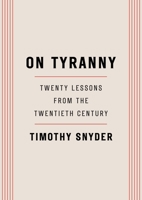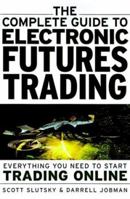A Book of Visual Signalwave
Select Format
Select Condition 
You Might Also Enjoy
Book Overview
Vaporwaveのサブジャンル「Signalwave」を視覚的に紹介する1冊商品詳細情報ヴェイパーウェイヴのサブジャンル、シグナルウェイヴに特化したビジュアルブック 気象情報やCMをザッピングしてコラージュ的に音像を作り上げるSignalwaveの世界観を表現 一般流通はしていない海外でプリントされたマニア垂涎の一冊 "A Book of Visual Signalwave" is the experience, feels and emotions found in Japanese television from the years 1980 to 2001. The world of Signalwave and its music has always had a visual side. This book is a contribution to the music genre in a different way with a focus on a period of time, the commercials, tv and cars. This book is pure Signalwave for the eyes With over 90 pages of commercials turned into comic book form. Each commercial should be viewed as an individual art piece that evokes emotional ties felt in Vaporwave. Grab a copy of latest issue, "Visual Signals: Issue Zero" Now on Amazon: https: //www.amazon.com/dp/B08BWZ4H5
Format:Paperback
Language:English
ISBN:B0858WJT83
ISBN13:9798618969017
Release Date:February 2020
Publisher:Independently Published
Length:102 Pages
Weight:0.38 lbs.
Dimensions:0.3" x 5.5" x 8.5"
More by Darrell R. Jobman
Customer Reviews
5 customer ratings | 5 reviews
There are currently no reviews. Be the first to review this work.












































